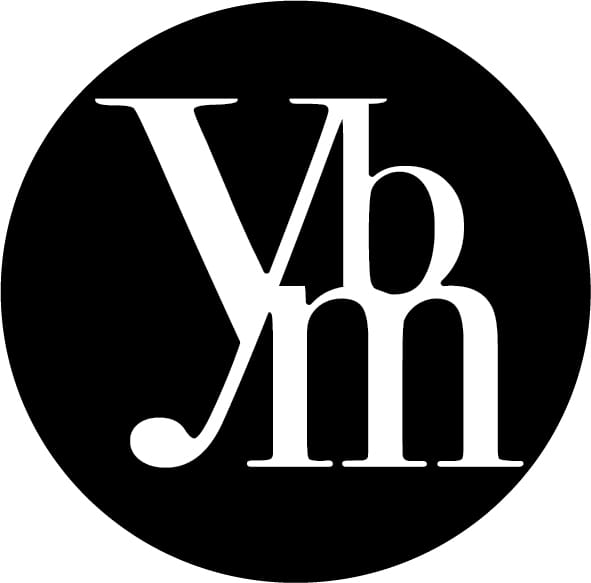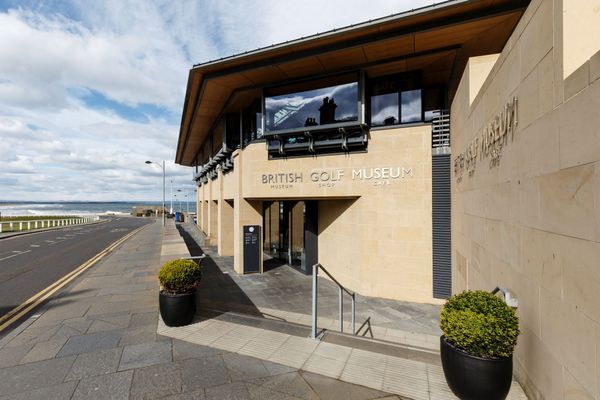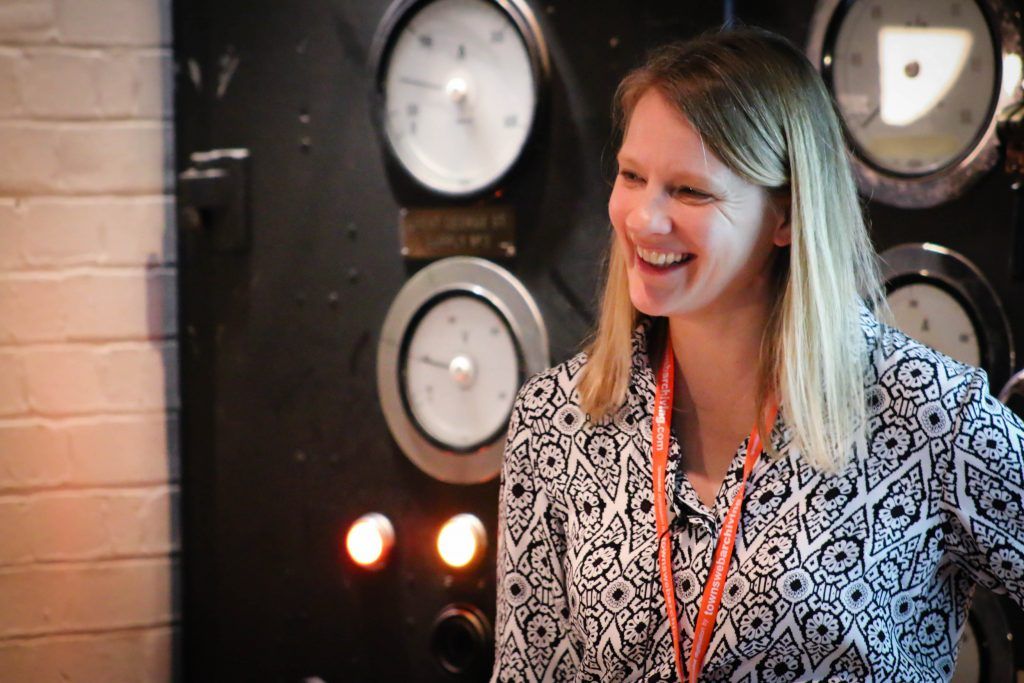Groundbreaking project launches to discover the neurodiverse museum of the future





A ground-breaking project has launched to improve the experience for neurodiverse people in museums and galleries across the UK.
The Neurodiverse Museum project is thanks to an Arts Fund grant awarded to Sporting Heritage who will be working in partnership with the British Golf Museum and University of Birmingham to develop the understanding within the museum and wider heritage sector on how to include, rather than exclude autistic individuals as both audience and workforce.
Project lead, and founding director of Sporting Heritage, Dr. Justine Reilly (Pictured) said: “Because museums and galleries have tended to consult with the (usually non-autistic) parents of autistic children, rather than autistic adults with lived experience of autism, the resulting activity largely excludes rather than includes – for example quiet hours and gentle stand-alone art projects. But Autistic people are not one homogenous group, and museums offer many opportunities to respond to the wide and varied needs of these individuals through their collections, workforce and venues. To do so though, we need to involve #actuallyautsitic people”.
The 8-month project will undertake a research programme of current and previous activity in the field of autism and museums and deliver a range of resources and training for the sector. The British Golf Museum in St. Andrews will be an action research case study as the museum is currently undergoing a gallery redesign and will be working with a consultant to inform how they can make the gallery more neurodiverse friendly.
Rebecca Prentice, Curator at the British Golf Museum said: “We are so excited to be working with Sporting Heritage and The Neurodiverse Museum project. It’s vital that we listen and respond to the needs of the neurodiverse community and make their experience in our museums as inclusive and fulfilling as possible. It’s a real opportunity to develop our offering as a national museum to a wider, more engaged audience.”
Justine adds: “The Neurodiverse Museum aims to shift the perception of what it is to be neurodiverse and how museums and wider heritage venues can respond. We are setting up a virtual panel of autistic individuals to share information, discuss key elements of museum provision and their ability to adjust and become inclusive, and help steer not only this project, but our future activity in this field.”
Further details on the project can be found at https://www.sportingheritage.org.uk/content/category/what-we-do/projects/the-neurodiverse-museum
